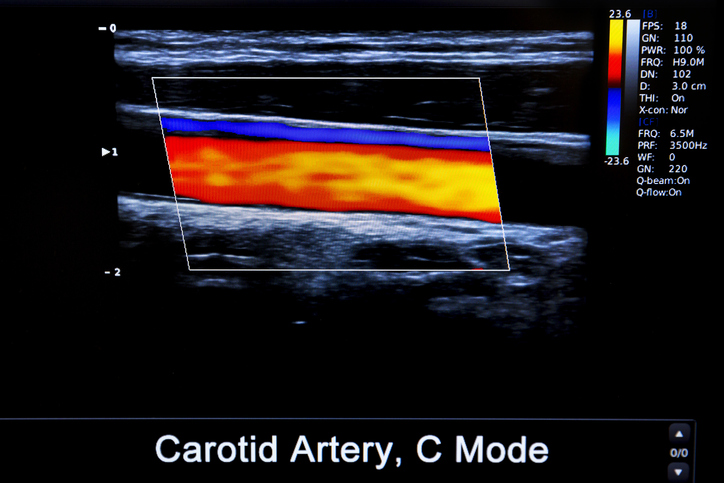
It’s often said that your mouth holds clues to your overall health—but what if treating gum disease actually helps protect your arteries? A recent Live Science article spotlights a groundbreaking clinical trial suggesting exactly that: deep cleaning for severe gum disease appears to slow the thickening of the carotid arteries, a known marker for cardiovascular disease. Here’s a breakdown of what this means and why it matters.
What Did the New Study Reveal?
Published August 27, 2025, the trial—done at University College London—involved 135 participants with severe periodontitis but otherwise healthy. They were randomly assigned to two groups:
- Intensive treatment: full-mouth cleaning plus deep scaling below the gum line.
- Basic cleaning: akin to a regular routine dental cleaning.
Over two years, the intensively treated group experienced less thickening of their carotid arteries, better blood vessel function, and lower levels of inflammation and oxidative stress—comparable improvements to those often seen with lifestyle changes or medications.
Lead researcher Dr. Francesco D’Aiuto explained that this suggests gum disease treatment might protect cardiovascular health via inflammation reduction, an alternate route to typical cholesterol-focused approaches.
Yet, there are caveats: the trial was conducted at a single site, and participants had no existing vascular disease beyond gum illness. As such, the results aren’t conclusive for individuals already dealing with atherosclerosis.
The Bigger Picture: How Oral Health Impacts the Heart
This is not a standalone finding; it’s part of a growing body of research connecting gum disease to serious cardiovascular issues:
- Intra-arterial bacteria and inflammation: Researchers have found periodontal bacteria within artery plaques and blood clots, suggesting direct microbial involvement in cardiovascular damage (Harvard Health).
- Heart rhythm risks: A 2025 study from Hiroshima University showed that Porphyromonas gingivalis—a common gum disease bacterium—can reach the heart, promote scar tissue in the atria, and elevate the risk of atrial fibrillation (ScienceDaily).
- Stroke and arterial narrowing: Past research from the American Stroke Association found gum disease doubled stroke risk linked to hardened brain arteries, and gingivitis was associated with greater severe arterial blockages (American Heart Association).
- Shared root risk: inflammation: Harvard Health outlines how chronic gum inflammation may fuel systemic atherosclerosis—the same process that clogs arteries—even in the absence of traditional risk factors (Harvard Health).

Why This Matters—and What to Take Away
This trial is significant because it goes beyond correlation: it actively tests whether treating gum disease can translate into vascular benefits. The results suggest that:
- Oral care may play a preventive role—and could be a valuable addition to cardiovascular health strategies.
- This supports the notion that dentistry and medicine should be more integrated, with physicians recognizing dental health as a relevant factor in overall wellness.
But it’s important to stay realistic: this trial doesn’t yet prove that gum treatment prevents heart attacks or strokes. What it does do is underscore gum disease as a modifiable risk factor, particularly via inflammation control.
A Look Ahead
What do these findings mean moving forward?
- Next steps: Larger, multi-site trials—including patients with existing cardiovascular disease—will be vital to confirm these findings and explore broader applicability.
- Public health implications: If results hold, oral health could become a standard part of preventive cardiovascular care.
- Everyday action: In the meantime, maintaining good oral hygiene—brushing, flossing, professional cleanings—remains a simple, low-risk way to potentially guard both your mouth and your heart.
My hope is that this study sparks more integrated care approaches—where dentists and doctors work hand-in-hand. It also reminds us: a healthy smile isn’t just about aesthetics—it may be a vital step toward a healthier, longer life.
Original source: Live Science

